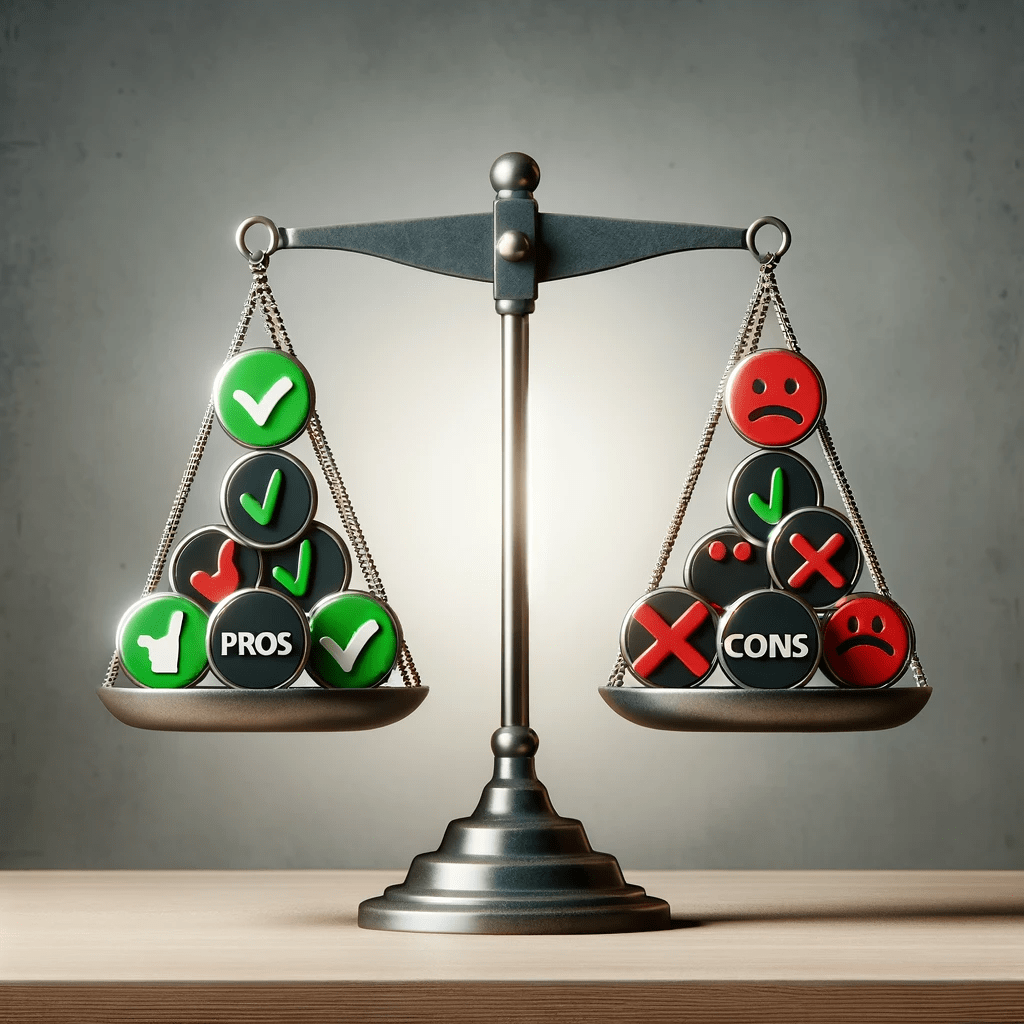
In a pivotal move, the U.S. Drug Enforcement Administration (DEA) has proposed reclassifying marijuana, signaling a significant policy shift that could influence various facets of national regulation and social justice. This article explores the implications of this historic decision.
Why is this change significant? The DEA’s plan to downgrade marijuana from a Schedule I to a Schedule III substance acknowledges its medical benefits and a lower potential for abuse compared to other drugs like heroin and LSD. This reclassification could have profound effects on medical research, criminal justice, and the economy.
What’s next for this proposal? The proposal awaits approval from the White House Office of Management and Budget. Following this, the public will have the opportunity to comment, marking a critical step toward potential federal regulatory easing.
Main Points:
Understanding the New Classification Marijuana’s reclassification to Schedule III, which includes drugs like ketamine and certain anabolic steroids, recognizes its lower abuse potential and opens doors for medical research and reduced sentencing.
Potential Benefits and Challenges While this reclassification could alleviate some of the burdens on the criminal justice system, it still requires dispensaries to adhere to strict DEA regulations, similar to those for pharmacies.
Political and Public Influence The move follows advocacy from various political leaders and a significant public shift toward supporting marijuana legalization, as evidenced by recent polls.
Conclusion: The DEA’s reclassification proposal marks a progressive step towards rectifying long-standing issues in drug policy and criminal justice, reflecting changing societal norms and scientific understanding of marijuana.
How Will This Affect the CBD Market?

The proposed reclassification of marijuana by the DEA will have several significant implications for CBD retailers:
- Increased access to banking and financial services: By moving marijuana from Schedule I to Schedule III, CBD businesses will be able to access traditional banking services and financial products more easily. This will help reduce the cash-only nature of the industry and allow for more mainstream business operations.
- Potential tax benefits: The reclassification could exempt CBD companies from the restrictive tax code Section 280E, which currently prevents them from deducting ordinary business expenses. This would provide substantial tax relief and improve the profitability of CBD retailers.
- Expanded research opportunities: Schedule III classification will make it easier for researchers to study the medical and therapeutic benefits of CBD and other cannabis compounds. This could lead to new product developments and innovations in the CBD market.
- Reduced legal risks: While CBD derived from hemp (with less than 0.3% THC) is already legal under federal law, the reclassification of marijuana could further clarify the legal status of CBD products and reduce the risk of federal prosecution for CBD retailers.
- Increased competition: The reclassification may attract more mainstream companies and investors to enter the CBD market, leading to greater competition but also potential growth opportunities for existing CBD retailers.
Overall, the DEA’s proposed reclassification of marijuana is expected to have a positive impact on CBD retailers by improving their access to financial services, reducing tax burdens, enabling more research, and providing greater legal clarity for their operations.
